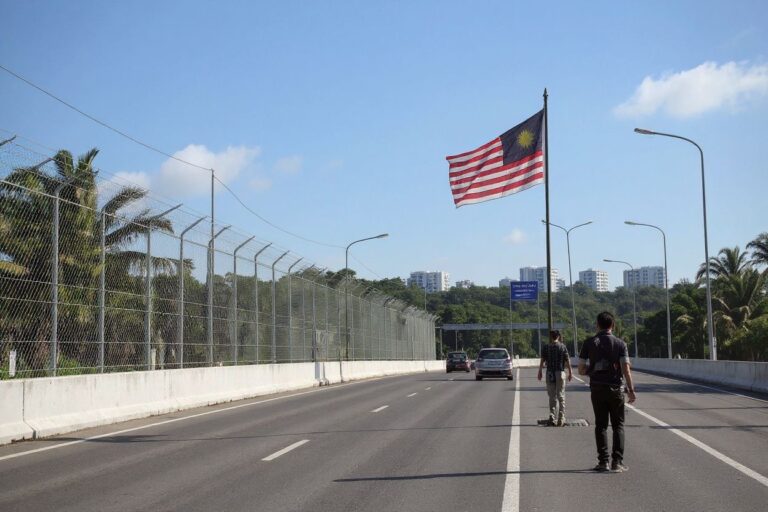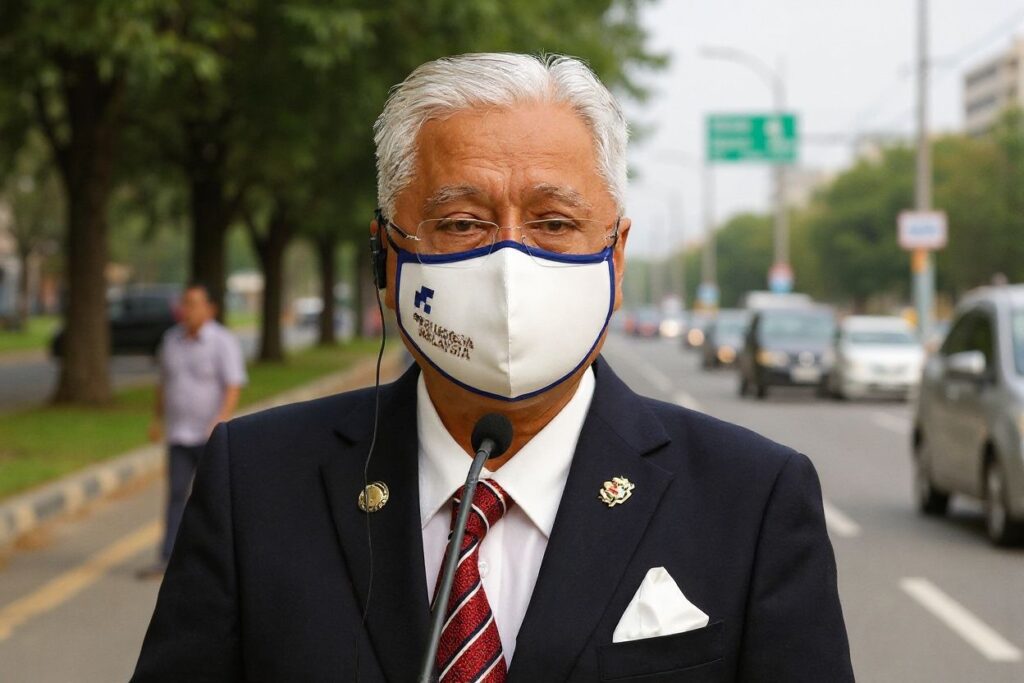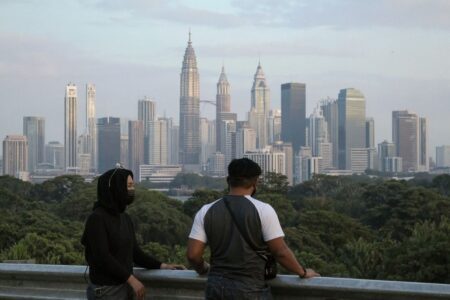
Here’s some welcome news on Malaysia’s border opening: Malaysian Prime Minister Datuk Seri Ismail Sabri Yaakob announced on Tuesday that the country would reopen its borders to international travellers from April 1, 2022.
Those who are fully vaccinated will not need to quarantine upon arrival. Travellers must take an RT-PCR test two days before flying, and a rapid test (RTK) upon arrival in Malaysia.
Today, Health Minister Khairy Jamaluddin announced that international travellers who are not fully vaccinated must undergo five days of quarantine upon arrival in Malaysia. Travellers who are not fully vaccinated will be subjected to local COVID-19 protocols when in the country, reported The Star.
This includes not being allowed to dine in at restaurants.
Effective 1 April 2022, these are the testing and quarantine procedures for travellers entering Malaysia. More details for land travels will be announced soon. pic.twitter.com/Rofydx7TCX
— KKMalaysia🇲🇾 (@KKMPutrajaya) March 9, 2022
Yaakob said the government’s decision on Malaysia’s border opening – from April 1 – is part of their “Transitioning to Endemicity” phase. “This move will revive the country’s economy, especially the tourism industry that has been heavily affected by the pandemic. The decision is made based on science and current facts related to COVID-19, as well as the reopening of borders in other countries,” he was quoted saying.
“The country also wants to provide comfort to travellers and to not complicate their travel process. Most importantly, Malaysia is now a destination that is open and can be visited by all,” said Yaakob during a press conference in Parliament.
 The government’s decision to have the Malaysia border opening is good news for those who wish to travel or return to this country. Source: Jack Taylor
The government’s decision to have the Malaysia border opening is good news for those who wish to travel or return to this country. Source: Jack Taylor
Malaysia’s border opening explained for students
Travellers coming into Malaysia do not need to apply through MyTravelPass. Instead, they should download the MySejahtera app and complete a pre-departure form. Yaakob said Malaysia is setting up the Vaccinated Travel Lane (VTL) with Thailand, Brunei and Indonesia.
Malaysia’s borders have been closed since March 2020. Half of Malaysia’s adult population has received booster shots, while 98% of the adult population are fully vaccinated.
Malaysia has been experiencing a surge in COVID-19 cases, fuelled by the Omicron variant. As of yesterday, there have been over 300,000 active cases. Despite the increase of daily cases that have already passed the 30,000 mark – due to the recent Omicron outbreak – 99% of the infections are asymptomatic or mild, reported The Star.
Just reading the QT here. This is for fully vaccinated inbound travelers as announced by PM @IsmailSabri60. Not positive cases. Positive cases still have to isolate post 1 April. https://t.co/AJ7V228GGW
— Khairy Jamaluddin 🇲🇾🌺 (@Khairykj) March 9, 2022
Interest from students to study in Malaysia
Malaysian universities have seen an uptick in international student applications for PhD courses despite the pandemic lockdowns.
Education Malaysia Services (EMGS) said 11,161 international applications were made for the Doctor of Philosophy courses in both private and public universities in 2021, nearly twice of the applications received in 2020.
“Over the recent years, Malaysia has become the education hub of choice for international students seeking higher education,” read EMGS’ statement.
EMGS believes that Malaysian institutions offering a wide range of courses including the humanities and social sciences, law, and general sciences are a possible major pull factor for international students to choose Malaysia for their PhD studies.
On the global rankings scene, Malaysian universities perform well among Southeast Asian tertiary education institutions, with five among the top 200 in the 2022 QS World University Rankings.
The University of Malaya, considered the best national public institution, sits among the top 50 Best Global Universities in Asia, according to the US News and World Report 2022.
The upswing in international postgraduate applications to Malaysian institutions indicates that this country is fast becoming a preferred education hub.
At the same time, with a target of 250,000 international students by 2025 as outlined in the Ministry of Education’s Malaysian Education Blueprint 2015-2025, Malaysia’s border opening spells good news for the country and students seeking an affordable education.










